True Health | What if the Virus is the Medicine?
The emerging pandemic is already a watershed of the early 21st century: things won’t ever be the same. Yet for all that the havoc that the virus is wreaking, directly and indirectly, it may also be part of the bitter medicine the global body needs.
How could adding another crisis to an already crisis-ridden planet possibly be medicinal?
Before we explore that question, we want to be clear: our intent is not to downplay the severity or minimize the importance of lives lost to this disease. Behind the mortality figures lie very real pain and grief, and these numbers, often discussed so casually, are personal, representing the potential loss of our parents, elders, teachers, dance companions, grandmothers or immune-compromised friends. Already, our hearts are breaking for the physical distance with our aging parents until we know if we’re infected. There’s not only a risk of losing beloveds in this time, but having to do so from afar. Our hearts are breaking for those who may die or suffer alone, without the touch of their loved ones. We honor death as a sacred passage, but we do not minimize death, suffering or sickness in the slightest. We pray that each one who transitions from this virus (as from the many other deadly diseases, accidents, overdoses, murders, suicides, mass shootings, and on and on) be met with on the other side by unexpected blessing, connection, peace.
Neither are the economic implications to be taken lightly. Many in this country have already seen massive impact, and the recession has only begun. As always, those closest to the edge will be hit hardest. For some, a month sequestered in beauty could be a vacation. Others have a few months before financial panic sets in. And for others living paycheck to paycheck or gig to gig, there is a great immediacy of struggle. The economic ‘side effects’ of this coronavirus could be catastrophic.
And yet.
For many in our world, the pre-coronavirus status quo was already catastrophic –indeed, for many species and many peoples, the world has already ended. We are in the midst of a crisis of unprecedented magnitude: the choice for humanity is change or die. No one said change would be easy. (Neither is dying.) And incremental change is not enough. It will take radical change to shift our current, calamitous trajectory away from massive environmental devastation, famine, energy crises, war and refugee crises, increasingly authoritarian regimes and escalating inequalities.
What is unsustainable cannot persist, by definition, and we are starting to see this play out.
What hope is there, then? There is the hope that breakdown will become, or coexist with, breakthrough.
There is the hope that what is dying is the caterpillar of immature humanity in order that the metamorphosis yields a stunning emergence. That whatever survives this collective initiation process will be truer, more heart-connected, resilient and generative.
We are entering the chrysalis. There’s no instruction manual for what happens next. But we can learn some things from observing nature (thank you Megan Toben for some of this biological info). For one thing, the chrysalis stage is preceded by a feeding frenzy in which the caterpillar massively overconsumes (sound familiar? We’ve been there for decades). Then its tissues melt into a virtually undifferentiated goo. What remain separate are so-called imaginal cells, which link together and become the template from which the goo reorganizes itself into a butterfly. Does the caterpillar overconsume strategically, or out of blind instinct? Does it know what’s coming and trust in the process, or does it feel like it’s dying? We don’t know. It’s natural to resist radical, painful change. But ultimately there’s little choice but to surrender to it. We can practice welcoming the circumstances that force us away from dysfunctional old patterns, be they economic or personal. We have that opportunity now.
Let’s return to a crucial word, initiation. On an individual level, initiations are those processes or rituals by which one reaches a new state of being and corresponding social status: from girl to woman, from layperson to clergy, and so on. Initiations can be deliberate or spontaneous, as in the case of the archetypal shamanic initiation, which comes by way of a healing crisis. To paraphrase Michael Meade, initiations are events that pull us deeper into life than we would otherwise go. They vary widely from culture to culture and individual to individual, but two characteristics they share are intensity and transformation. They bring us face to face with life and with death; they always involve an element of dying or shedding so that the new can be born.
Most all of us have undergone initiations of one sort of another, from the death of a parent to the birth of a child. Many have experienced initiation in the form of a crisis or trial by fire. Those of us who have gone through more deliberate, ritualized forms of initiation can state unequivocally: the process is not fun, comfortable or predictable. You may well feel like you’re going nuts. You may not know who you are anymore. You don’t get to choose which parts of you die, or even to know ahead of time. One of the overriding feelings is of uncertainty: you don’t know where you’re going, only that there’s no going back. And there’s no way of knowing how long the transformation will take.
It can help to remember that the initiatory chrysalis phase is a sacred time, set apart from normal life. That it has its own demands and its own logic. That it cannot be rushed, only surrendered to. That it may be painful, but also, ultimately, healing.
Imagine what happens when an entire society finds itself in the midst of a critical initiation. Except you don’t have to imagine: it’s already happening, or starting to. It looks like chaos, a meltdown. We’re in a moment of collective, global-level crisis and uncertainty that has little precedent in living memory. The economic machine–the source of our financial needs and also a system that profits from disease, divorce, crime and tragedy–is faced with a dramatic slow-down. We are all facing the cessation of non-essential activities. There is opportunity here, if we claim it.
This is a sacred time.
However, unlike a traditional rite of passage ceremony, there’s no priest or elder with wisdom born of experience holding the ritual container, tracking everything seen and unseen. Instead, all at once there are millions of personal quests inside one enormous initiatory chrysalis. And yet, look closely: amid the goo, you may start to notice imaginal cells appearing. Pockets of people who are aligned with something they may not fully understand, in receipt of a vision or pieces of one, beaming out their signal to say: let’s try something different.
This is an opportunity to loosen our grip on old and familiar ways. Those ways worked for as long as they did, and they got us here, for better and for worse. They seem unlikely to carry us much further. What if we’re instead being asked to feel our way forward, from the heart, without benefit of certainty–which, when concentrated, quickly becomes toxic? No one has all the answers in this or any other time. Right now the questions may be more valuable.
What if we honor this time with sacred respect?
What if we take the time to listen for the boundaries and limits of our Earth mother?
What is truly important?
How can we receive the bitter medicine of the moment deep into our cells and let it align us with latent possibility?
How can we, with the support of the unseen, serve as midwives to all that is dying here and all that is being born?
With these questions resounding, let us s l o w d o w n and listen. For the echo back from the unseen, for whisperings from the depths of our souls and from the heart of the mystery that–no less so in times of crisis–embraces us all.



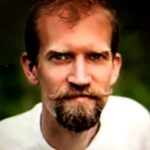
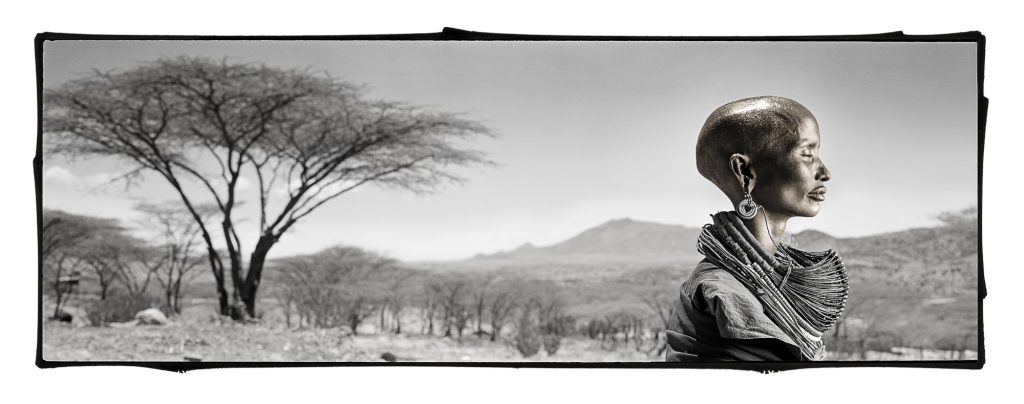
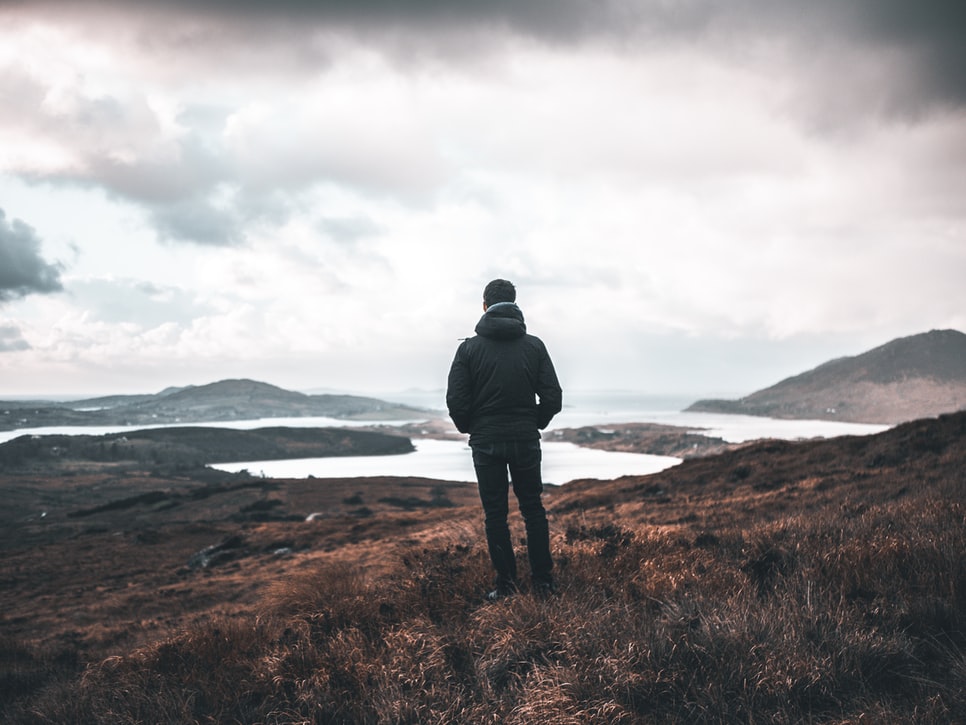
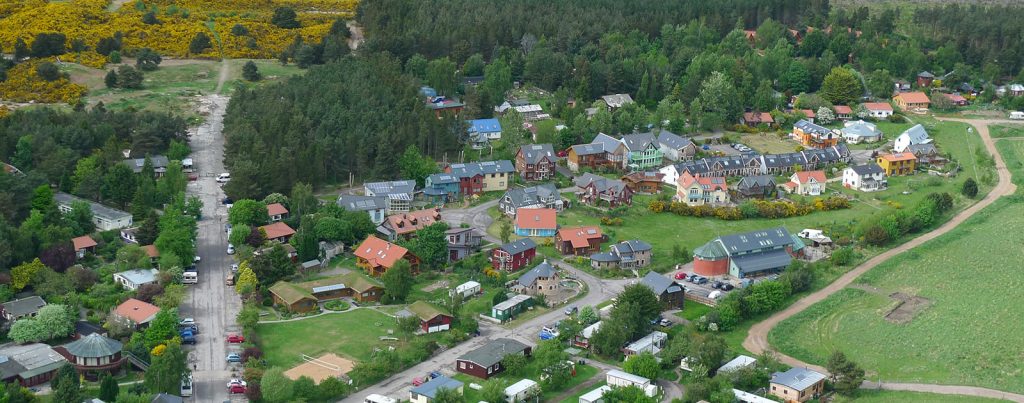
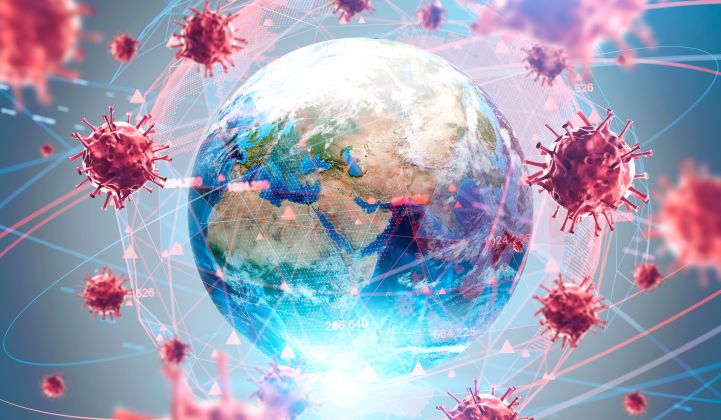
Grateful to Julia and Jonathan.
Yes, times of certainty, control and command have passed.
Concerns for efficiency are becoming counter-productive. We need to move even beyond sustainability and resilience, which also may keep us in the same logic.
We need to feel comfortable with the unknown, navigating at the edges and looking at things from another angle.
We need to observe with our mind and our body at the same time, in connection with Nature. Then we see that we do not exist as individuals, only as part of the World and in relationship with it.
Let’s be serene and curious, creating new and generative spaces through humble observation and experiencing.
There is no priority, only letting go and making sense of the myriad of events and situations that are emerging, gently (or not…) putting aside vanishing paradigms.
a
Thanks, Alain, for sharing your wisdom and caring with our Kosmos community. I think of you and remembering how happy I was to find a lovely box of cookies waiting for me when I arrived in Europe.
Thank you for this heartfelt and beautiful post. So many of your words and concepts of initiation and transformation resonate with the work I have been doing over the last four years with Joseph Rael (Beautiful Painted Arrow). We have just published this work as – Becoming Medicine: Pathways of Initiation into a Living Spirituality. Our culture is lacking meaningful initiation and thus is limited in the ability to transform suffering into growth. One of the medicine lessons of the virus is that we are all interconnected, this is also the fundamental power of healing – we are all interconnected.
Thank you Julia and Jonathan.
Strange and surreal times of change indeed.
I am struck by the similarity between the “imaginal cells” you notice and Margaret Wheatley’s “Islands of Sanity” in her book “Who do we choose to be”. Beautiful thoughts like yours help to ensure that the cells or islands form strong enough links to allow society to metamorphose into a utopian and uplifting butterfly rather than a dystopian, feral and fierce scarab beetle.
Thank you for your thoughtful words. I wish this could be required reading for humanity to come together in a productive way.
Sophistication might well become our doom, unless we become simpler. We are drowning in beautiful thoughts and images on the one hand, and the horrors of possibility on the other, and seem to enjoy swimming in the crowded mental space remaining available… and we can squeeze through each day a little bit.
This is a recent sonnet that came to me:
Emerge
E = MC2
energy escaping matter.
Who we really are
is neither here nor there.
But still we harour lust
for what seems solid,
we go on clinging to the rust,
wallowing in the squalid.
And so, we are engaged
transforming the marvellous
into a sinking cage.
our gift for the midas touch.
But, for now, butterflies still emerge
to dance in sunlight, to surge.
Julia and Jonathan
Gratitude! Gratitude…. just Gratitude
Not only for the Heart and Insight of your Message,
Gratitude for the words you use expressing it.
I have seen myself personally in this “changing form toward emergence phase”
Eyes wet as You share how all of humanity is now sharing this with me. Ellen, Carmel CA